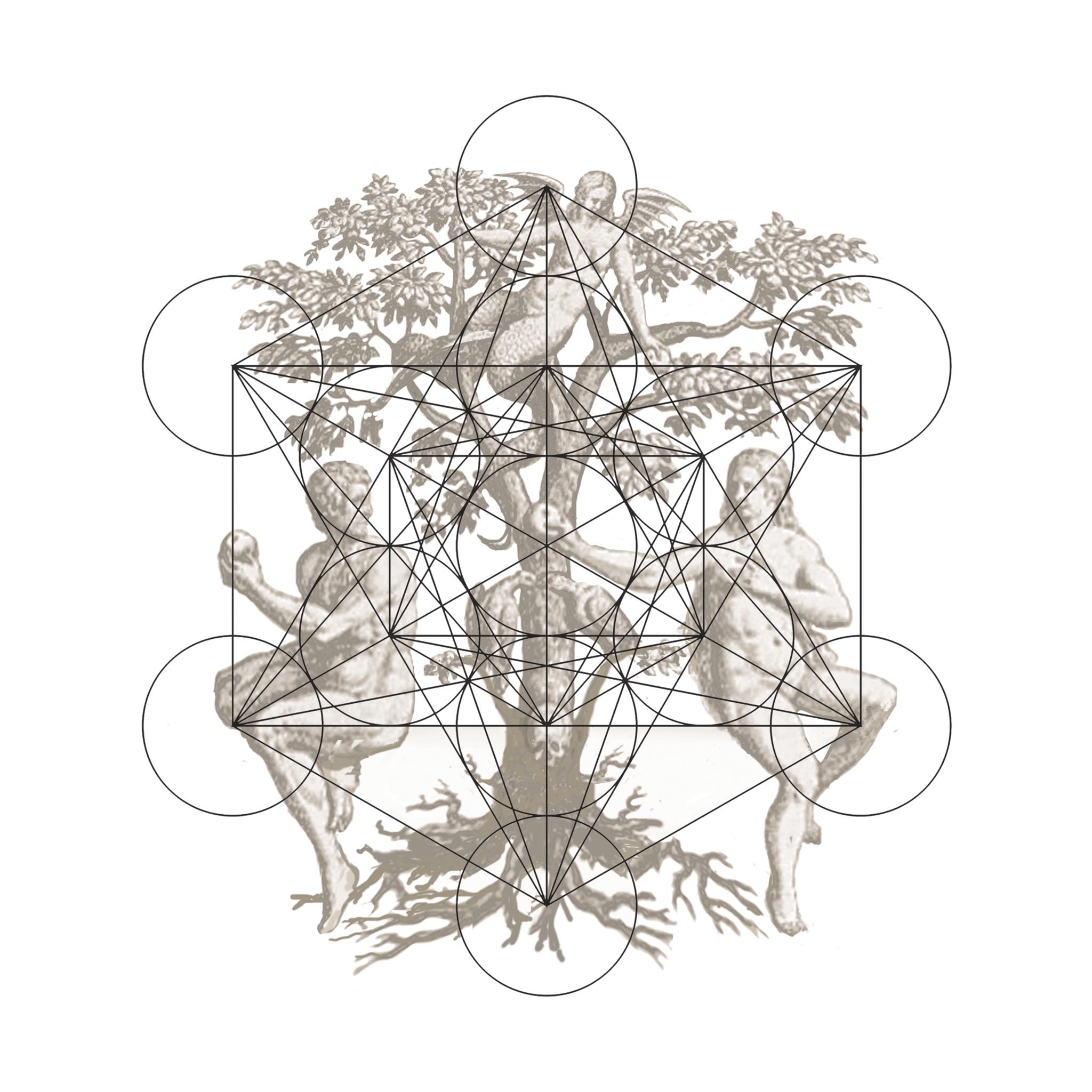Dr Martin Shaw 'An Earth That Thinks In Myth': An evening of stories launches 'Animism'
To coincide with the exhibition of his 'spoken word’ essay 'Small Gods’, the celebrated mythologist, author and storyteller Dr Martin Shaw joined us for ‘An Earth That Thinks in Myth’ an evening of stories, poetics, philosophies and ideas to coincide with the opening of the exhibition. In this specially organised event, held in the atmospheric Cellar 1 underneath Porthmeor Studios in St. Ives, Dr Martin Shaw told stories and explored wild ideas about how myth used to be a kind of story that spoke-across-species. That myth itself can be a place where we witness not just narratives about the earth, but moments where the earth itself speaks through the stories. With inspirations ranging as far as Gaston Bachelard to Islamic Cosmology to the work of Joseph Beuys, Shaw celebrates electrifying storytelling and thought-stimulating ideas.
Dr. Martin Shaw’s first book, ‘A Branch From The Lightning Tree’ was awarded the Nautilus prize for non-fiction, and was followed by ‘Snowy Tower’ and ‘Scatterlings’ to complete a trilogy of works on mythology, landscape and the nature of soul. An international teacher, he has designed and lead both the ‘Oral Tradition’ and ‘Mythic Life’ courses at Stanford University, and, as a fellow of Schumacher College in Devon, co-created their MA in Myth and Ecology (with Dr. Carla Stang). His school of independent scholars in mythopoetic’s and wilderness studies is just entering its fourteenth year. Recent collaborations have included Mark Rylance, Coleman Barks and David Abram. He is a painting scholar from The British School in Rome, and his translations of Gaelic and Welsh folklore (with Tony Hoagland) have been published in The Mississippi Review, Poetry International, Kenyon Review, Orion, and Poetry Magazine. 2018 will see the release of his new book, ‘Courting the Dawn: Poems of Lorca’ (with Stephan Harding), with several more in completion: all involving a revisioning of the word romanticism in the early twenty first century.
For further information click here


